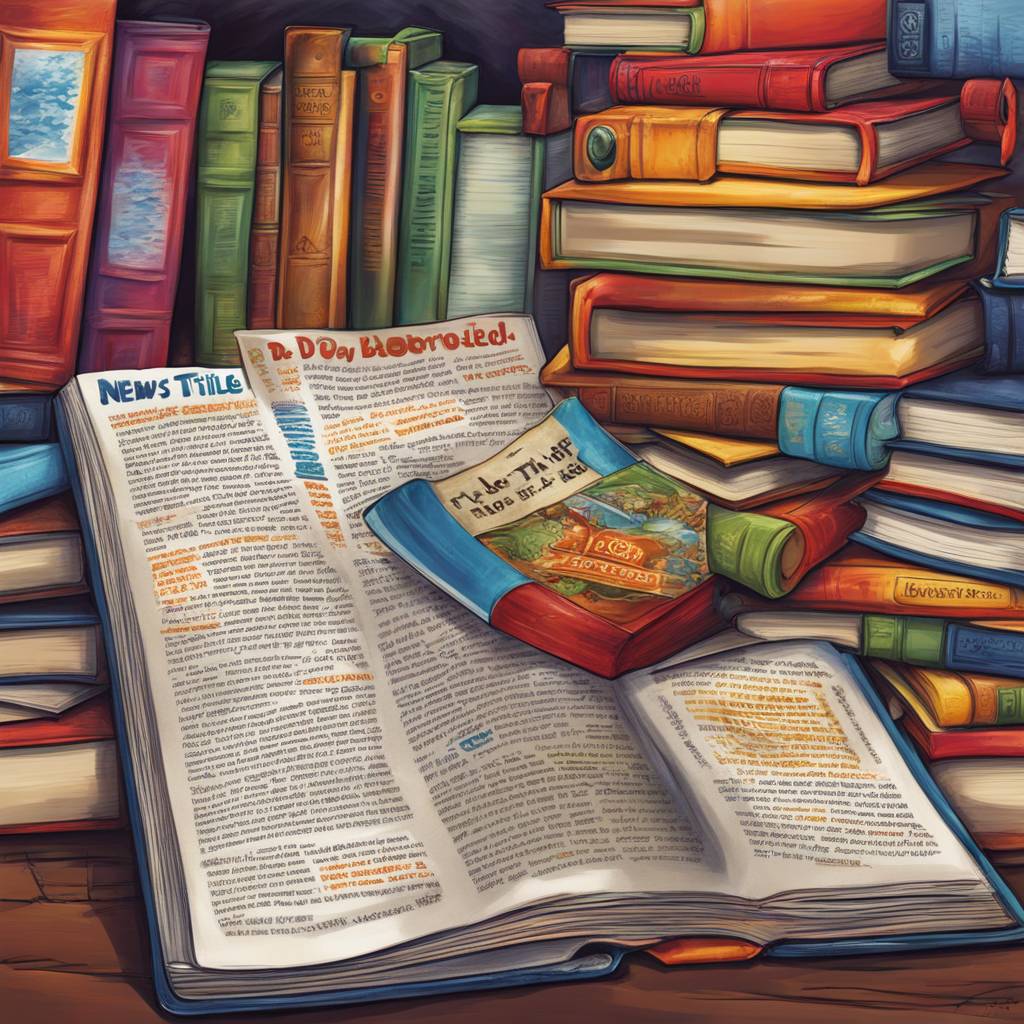Appropriating literary allusions in modern writing has become a prevalent practice, with titles often echoing famous quotes or titles from past works. This trend seems to have emerged in the 20th century, with books becoming increasingly referential. Authors now borrow phrases or titles from Shakespeare, Proust, and other literary figures to add a layer of depth or symbolism to their work. The prevalence of this practice is evident in recent best-sellers and publishers’ catalogs, where allusions to well-known works abound.
Well-known writers such as Keats, Wilde, and Yeats have contributed memorable lines and phrases to the English language, which are commonly quoted and referenced in various contexts. While their longer works may not be as well-known, their aphorisms and witticisms have endured the test of time. This recycling of familiar phrases and sayings highlights the impact of memorable lines in popular culture, even if the original works are not widely read or studied outside academic settings.
The internet has accelerated the proliferation of literary allusions by making information readily accessible and allowing people to search for quotes or references with ease. This has led to a culture of quoting and referencing, where individuals can easily incorporate famous lines into their writing or conversations without necessarily understanding their original context. While this can be seen as a form of pseudo-erudition, it also showcases the enduring power of language and the ability of certain phrases to resonate across generations.
The concept of literary quotation raises questions about the shared body of knowledge present in society and the role of common references in communication. As the traditional canon of literature evolves and diversifies, newer sources of inspiration such as television, music, advertising, and social media have also become fertile ground for quotes and allusions. The blending of high and low culture in modern discourse reflects a democratization of language usage, where everyone can draw upon a wide range of sources to express themselves.
The use of literary allusions in cartoons and humor further underscores the pervasiveness of referencing in popular culture. From New Yorker cartoons featuring quotes from Milton or Tennyson to the absurdity of incongruous references in comedic sketches, the practice of quoting famous lines has become a comedic device in itself. While not everyone may recognize the origin of these quotes, the humor lies in the juxtaposition of highbrow literary references in everyday situations, highlighting the universality and adaptability of language in conveying meaning and humor.
Ultimately, the prevalence of literary allusions and quotations showcases the richness and flexibility of language as a tool for communication and expression. Whether through deliberate referencing of classic works or serendipitous encounters with familiar phrases, the interplay between originality and borrowed language shapes our understanding of culture and society. By engaging with the vast reservoir of shared knowledge and references, individuals can forge connections, evoke emotions, and create meaning through the power of words.








